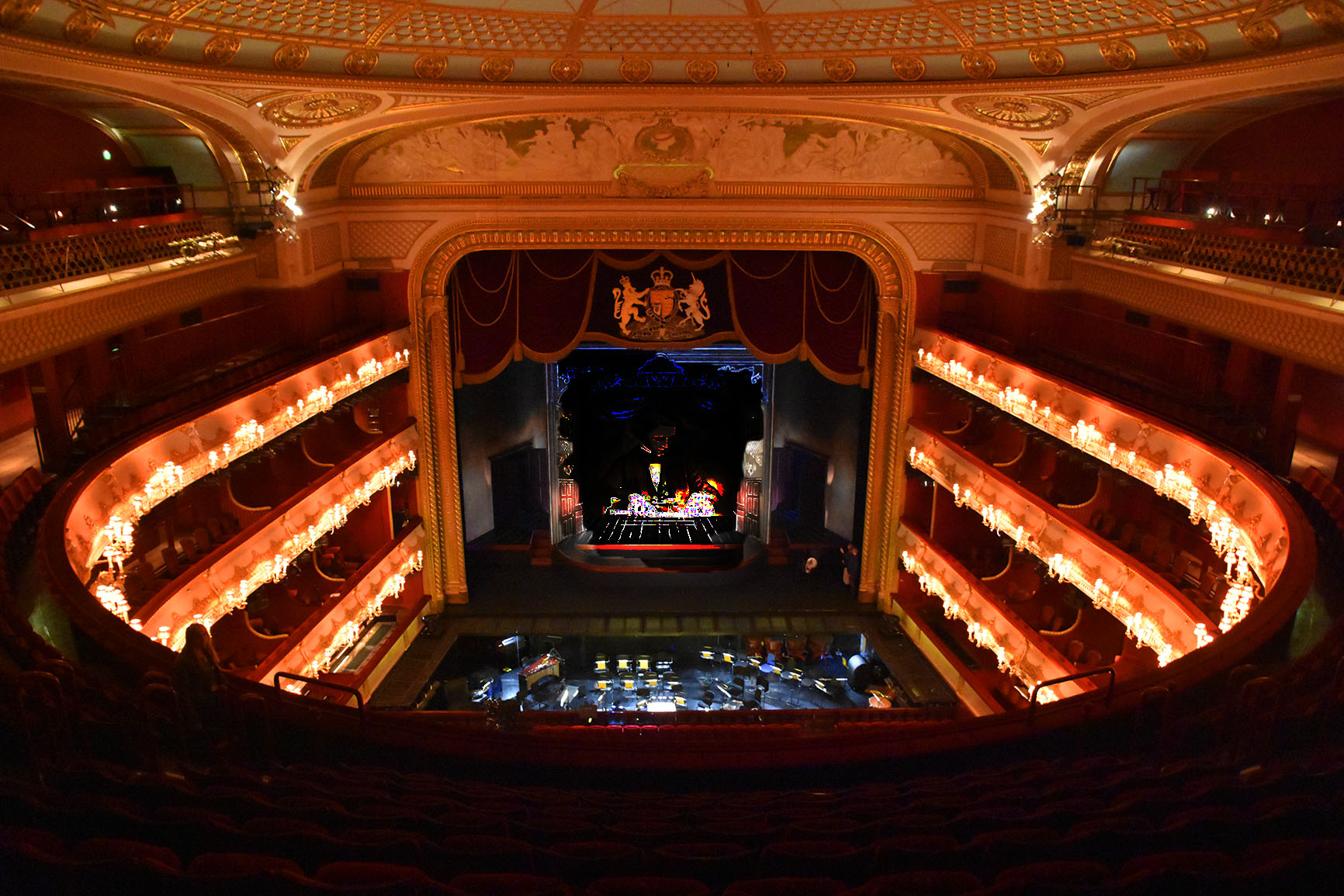

At first you feel Grigorovich isn't prepared to go as far with the courtesan as Balanchine had been with the Siren of his Prodigal Son, but in Act Two she does multiple splits, and in Act Three outrageous things with the thyrsus (geddit?) of a strapping young shepherd. Regulars had paid for, and were expecting, the infinite arms and legs of Svetlana Zakharova, but she was injured and they got a fair deal here. There's comparably doughty business for Alexander Volchkov's baddie Crassus, cast a bit in the shade both by Vasiliev and by his partner, Maria Allash's haughty Aegina.

It's not just the airborne acrobatics which have the audience applauding spontaneously he windmills and scythes his arms so furiously and definitely that you feel they'll fly from the shoulder-sockets. The soldiers in the first scene don't exactly have the kind of genuinely high testosterone quality of Kenneth MacMillan's brawling Montagues and Capulets in the Royal Ballet's Romeo and Juliet.īut that split-leaps on stage in the charismatic personage of 21-year-old Ivan Vasiliev's hero slave. You wonder at first whether the still-ubiquitous Simon Virsaladze's sludge browns and greens couldn't be replaced by something a little more contemporary, whether choreographer Yuri Grigorovich's not-so-naughty bacchanalia might not be properly sexed up a bit. And laugh out loud, as I did, not from a superior, ironic stance but from the insane joy of it all.įor this is the Bolshoi Ballet on energised top form, with a hungry central performance symbolising all that's best about its Spartacus. Admire muscled flesh, less flagrant than in the outrageously homoerotic telly production Spartacus: Blood and Sand, but top quality all the same.


 0 kommentar(er)
0 kommentar(er)
